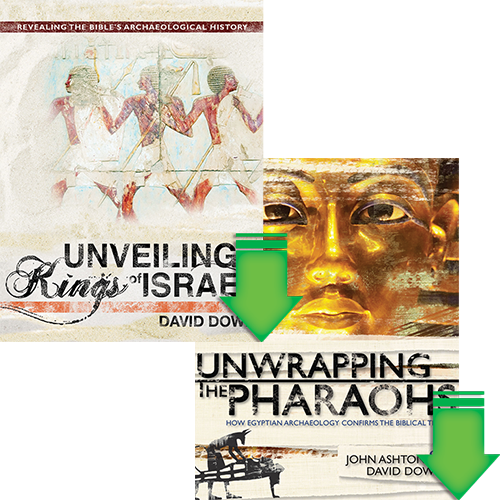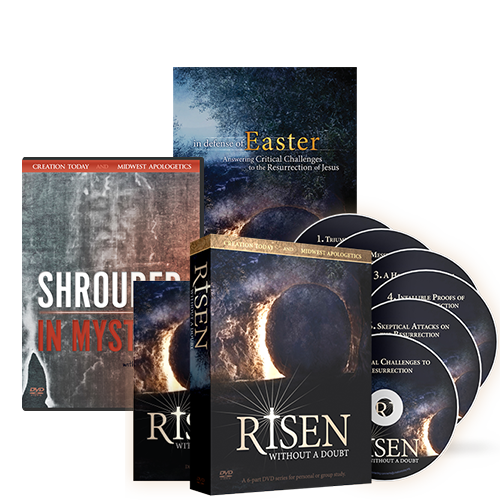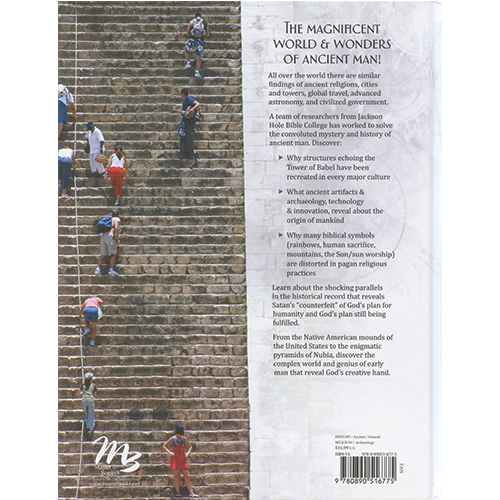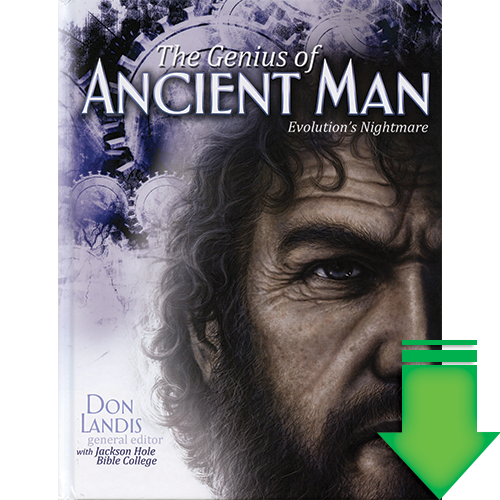By Curt Blattman of Bible Apologetics
Back in 1955 a German journalist and amateur archaeologist named Werner Keller in his book, The Bible as History, made the following observation: “In view of the overwhelming mass of authentic and well-attested evidence now available, as I thought of the skeptical criticism which from the eighteenth century onward would fain have demolished the Bible altogether, there kept hammering on my brain this one sentence: ‘The Bible is right after all.’”1
In a book that I wrote back in 1990 called, The Challenge, I shared the following:
“Many critics of the Holy Scriptures consider the Bible to be a book full of errors in all fields (including historical matters), and nothing more than a book of fables, legends and stories written and rewritten many times. For a book that claims to be written under the inspiration of God, to contain many historical errors would certainly lessen its credibility. The exciting thing, however, is that our twentieth-century archaeologists have been able, through diligent scientific research and methods, to validate countless biblical narratives as irrefutable and historically accurate.
“One hundred years ago biblical critics were quick to level scathing attacks on the Bible. They stated that many of its accounts of people and places could only be found in the pages of the Bible itself and nowhere else. They contended that these accounts couldn’t be true because they couldn’t find any other historical information from any other sources to corroborate what the Bible said. Based on this line of reasoning these skeptics proudly boasted that the Bible was full of historical discrepancies. Since that time the archaeologist has entered the scene and has decisively put to rest the belief that the Bible is not a true book of history.”2
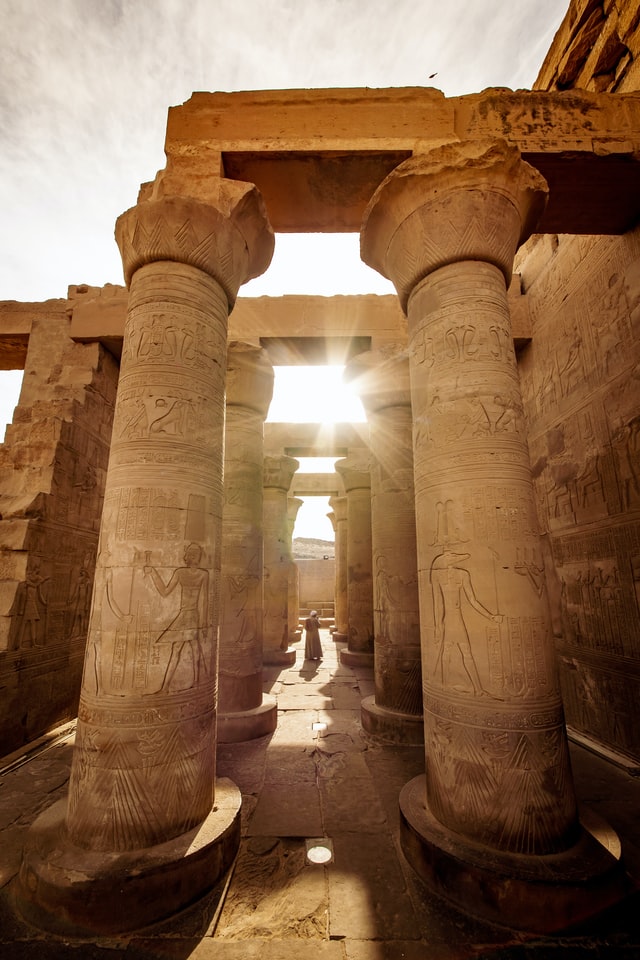
As I read about the archaeological proof for the existence of Joshua in John M. Monson’s essay, Enter Joshua: The “Mother of Current Debates” in Biblical Archaeology, I thought about the title of the book that contained this essay, Do Historical Matters Matter To Faith? and said to myself they certainly do. If there wasn’t a real Joshua then the implications are pretty straightforward as Monson states in the close of his essay: “If we dismiss the real Joshua ben-Nun and his times, what is to stop us from dismissing the later Joshua, Jesus of Nazareth?”3
While the Bible is first and foremost a book that gives us the spiritual guidance we need to function in life, it is also a book of accurate history of ancient times. It almost goes without saying that how can we trust the Bible, in many of its spiritual matters, which often can’t be scientifically verified, if it has historical errors, which thanks to modern scholarship, many of these historical matters we can now verify. To me the study of archaeology has done a great service to the Bible by demonstrating so many times that the Bible is indeed an accurate history of the ancient times. This gives me more confidence to trust the Bible in other areas (such as the spiritual ones) that can’t be verified either historically or scientifically. I can’t wait to see how archaeology will, in the future, continue to verify more and more biblical accounts; thus, increasing my faith in its veracity.
1 Werner Keller, The Bible as History, (New York: Bantam Books, Inc., 1980), Introduction, p. xxv.
2 Curt Blattman, The Challenge: (Shippensburg, PA: Companion Press, 1990), p. 83.
3 James K. Hoffmeier & Dennis R. Magary, eds., Do Historical Matters Matter to Faith?: A Critical Appraisal of Modern and Postmodern Approaches to Scripture, (Wheaton, IL: Crossway, 2012), Page 457

